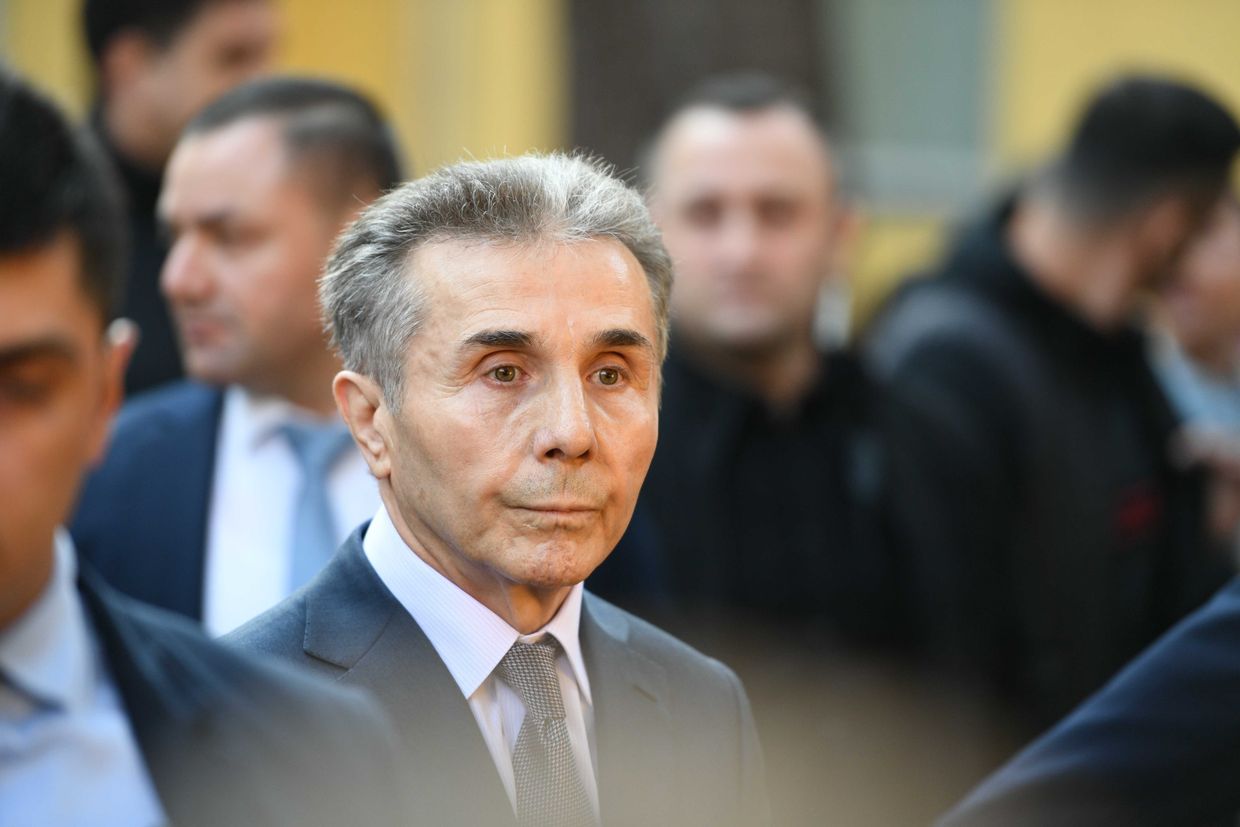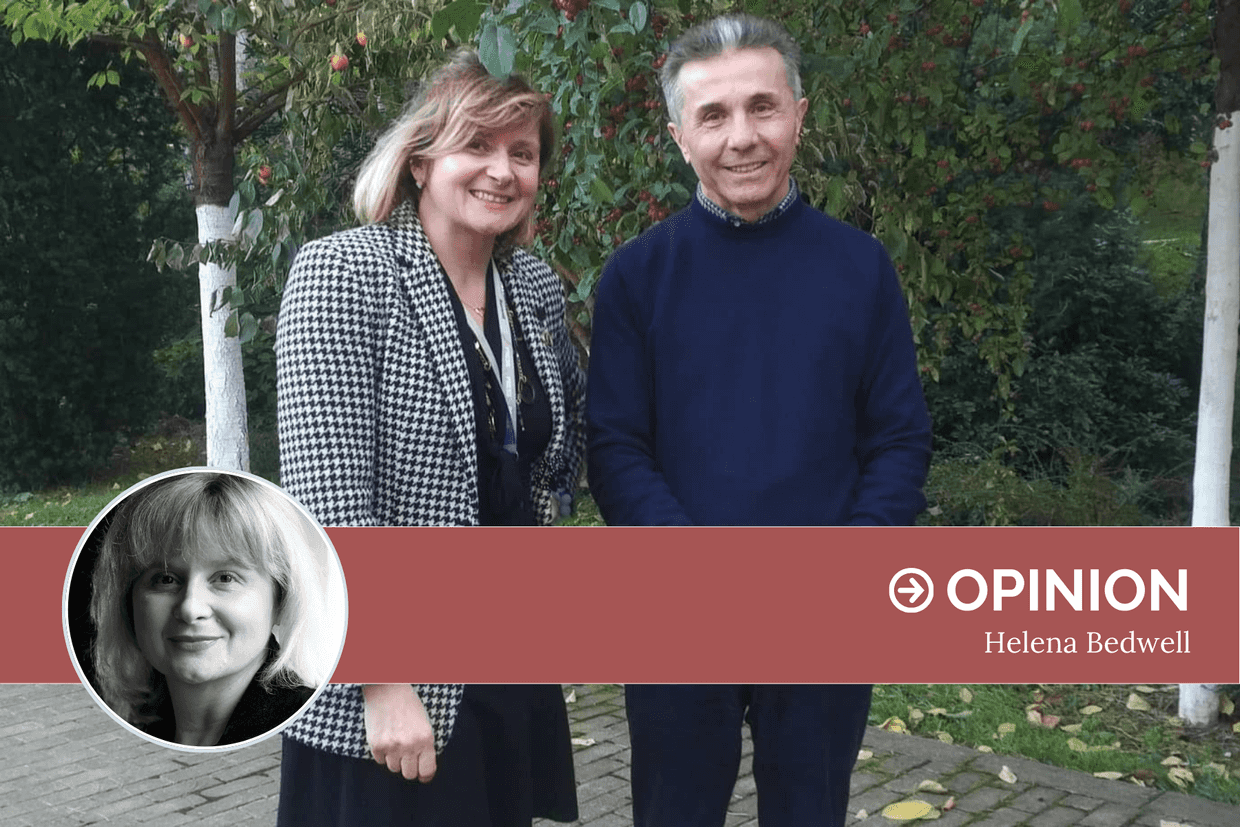
A London court has unanimously dismissed Credit Suisse’s appeal against Georgian Dream founder and billionaire Bidzina Ivanishvili in the Bermuda case, only accepting corrections to the start date for the assessment of damages. Ivanishvili’s own cross-appeal was also dismissed.
The decision on Monday — issued by the Justices Lord Hodge, Lord Briggs, Lord Leggatt, Lord Richards, and Lady Simler — was the third and final instance in the Bermuda case.
The appeal was filed by CS Life, a Bermuda insurance company that was a subsidiary of Credit Suisse AG.
In 2011 and 2012, according to the case documents, Ivanishvili transferred cash and other assets amounting to around $750 million to CS Life for two life insurance policies that were to be held in a separate account from his other Credit Suisse transactions.
In 2015, Ivanishvili learned that his relationship manager at Credit Suisse, Patrice Lescaudron, had been fraudulently taking money from his accounts — in 2018, Lescaudron was criminally convicted. He took his own life not long after.
In response to these findings, Ivanishvili, members of his family, and the investment companies who held the relevant insurance policies brought proceedings against CS Life for breach of contract and breach of fiduciary duty in 2017. They later added a claim for damages for fraudulent misrepresentation in 2020.
In 2022, the Chief Justice of Bermuda found in favour of Ivanishvili, awarding him $607 million. CS Life then appealed against the award of damages for breach of contract and for damages for fraudulent misrepresentation — the Court of Appeal dismissed the case in 2023.
Following this, CS Life appealed to the United Kingdom’s Privy Council, which is the highest court of appeal in British Overseas Territories, such as Bermuda.
Blaming the ‘deep state’
In addition to the Bermuda case, Ivanishvili previously successfully sued Credit Suisse Trust in Singapore for failing to protect his assets from Lescaudron. In 2023, a Singaporean court ordered Credit Suisse to pay Ivanishvili over $925 million, a figure that was later adjusted to over 460 million to avoid double recovery following the Bermuda court’s decision.
Like in the Bermuda case, Credit Suisse appealed the decision — in 2024, the Singapore Court of Appeal affirmed the lower court’s ruling, issuing a ‘damning assessment of Credit Suisse Trust’s conduct in failing to safeguard the trust assets from unauthorised and fraudulent dealing’.
That same year, Bloomberg reported that Ivanishvili had launched a new lawsuit against the troubled bank for $220 million.
However, despite his numerous court cases, it is unclear if Ivanishvili has received any of the money, with US sanctions aiming to hinder him from receiving any transactions related to the Credit Suisse lawsuits.
In an open letter published on Facebook on 21 November, Ivanishvili’s lawyer, Temo Tsikvadze, reiterated claims that foreign intelligence services, which he also referred to as the ‘deep state’, were behind Ivanishvili’s conflict with the Swiss bank and the loss of his funds. Tsikvadze also claimed that Ivanishvili does not expect to ever see his funds restored, despite them expecting to win this latest case.
As proof of this, Tsikvadze pointed towards US sanctions, which were enacted against Ivanishvili in December 2024 for actions ‘undermining the democratic and Euro-Atlantic future of Georgia for the benefit of the Russian Federation’.
The sanctions against Ivanishvili froze his US assets, if any, and prohibited US citizens and entities from conducting business with him without specific authorisation from the US Treasury Department’s Office of Foreign Assets Control (OFAC).
‘It is clear that the informal rulers, the so-called “Deep State”, clearly have difficulty controlling the judicial system and processes, especially when there is not even the slightest question mark in the case, but they have a number of other levers at their disposal, including the sanctions I mentioned’, Tskivadze wrote.
‘Imposing sanctions on the amount that my attorney has not yet finally returned through legal means was a simple message to us — “You may win the court, but we will still decide on the issue of returning the asset!” ’.











